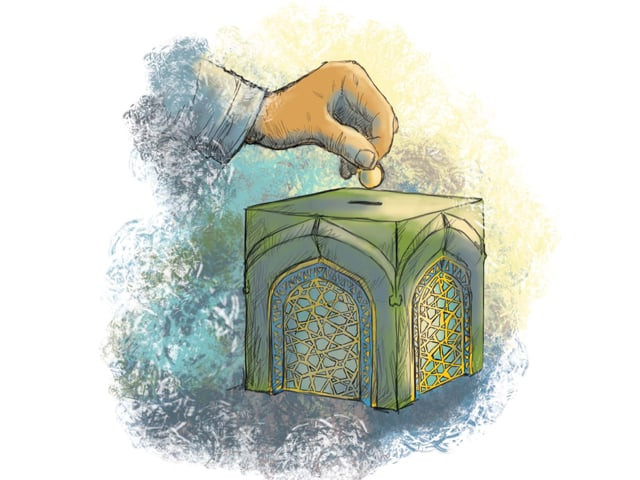Bank of Khyber falls short of 100-branch target
Will continue to invest in the province, especially in housing schemes.

According to rules of the State Bank of Pakistan, a national bank should have at least 100 branches in the country to be able to open branches in other countries. PHOTO: FILE
Speaking at a press conference at the bank head office, BoK Acting Managing Director Mir Javed Hashmet said though the bank encountered difficulties due to the bad security conditions in Khyber-Pakhtunkhwa, its progress had remained consistent since its establishment.

According to rules of the State Bank of Pakistan, a national bank should have at least 100 branches in the country to be able to open branches in other countries.
However, the BoK has still 79 branches and no foreign branches despite the fact that many residents of the province are living and working in Middle Eastern and other countries.
“Owing to the unfavourable business environment, banks have declared the province a ‘red zone’ and are reluctant to invest, however, the progress of BoK has remained consistent,” Hashmet said.
The BoK was established in 1991 through an Act of the Khyber-Pakhtunkhwa Assembly with 100% government equity and paid-up capital of Rs153 million.
Now, the provincial government has 70.2% shareholding and the private sector holds a 29.8% stake with total assets of the bank standing at Rs86 billion. Of the 79 branches of the bank around the country, 54% are in Khyber-Pakhtunkhwa.
Credit rating of the bank has been upgraded to ‘A’, reflecting low expectation of credit risks.
“The BoK has never gone through any recession even during the worse economic meltdown in the world,” Hashmet said.
With the ‘red zone’ status of the province, commercial banks were aggressively attracting deposits and stayed away from extending loans and making investments, he said.
The bank would invest in the province, especially in housing schemes, as it had a good loan recovery ratio of 99.5%, he declared.
Dismissing the perception that the bank would be turned slowly into an Islamic bank after the appointment of Jamaat-e-Islami’s Sirajul Haq as provincial finance minister, the MD said the bank conducted Islamic banking since 2003. However, the bank would never completely switch to Islamic banking.
Published in The Express Tribune, July 9th, 2013.
Like Business on Facebook, follow @TribuneBiz on Twitter to stay informed and join in the conversation.



















COMMENTS
Comments are moderated and generally will be posted if they are on-topic and not abusive.
For more information, please see our Comments FAQ